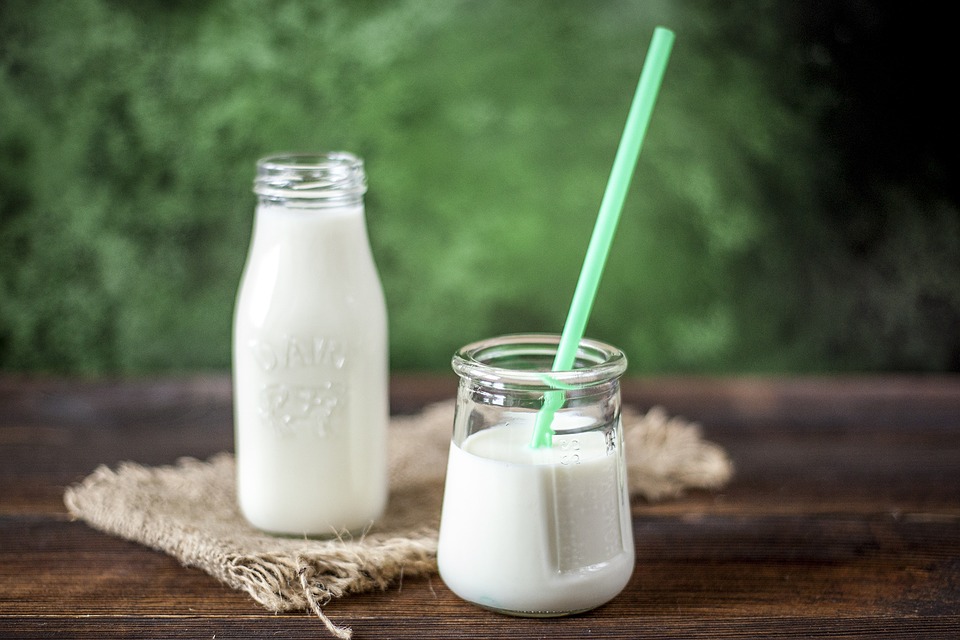Cow’s milk and its products are, besides meat, the second group of products that form modern nutrition. According to classical analytical dietetics, dairy products are an essential part of our diet. Moreover, several research institutes suggest that not consuming this product harms human health, but is this the case? Keep reading to find out why this may not be necessarily true and how dairy products can be harmful to your health!
1) There Is Too Much Protein in Cow’s Milk
It is three times more than in human milk. This is natural because the calf grows and develops much faster than a baby. After birth, a calf needs a few hours to be stable on its legs and move lively. However, the child achieves this after a few months. Therefore, a calf needs strong bones and a healthy muscle mass. This guarantees quick self-reliance after birth and gives you a chance to survive. It takes about 47 days for a baby to double its birth weight and a baby about 180 days. A calf reaches adulthood at the age of 10 months, while human adulthood is 13-15 years. These differences are influenced, among other things, by the food composition in the first days and months of life, i.e. milk.

2) There Is Too Little Carbohydrate in Cow’s Milk
Carbohydrates are the fuel that stimulates the development and smooth functioning of the brain. Their content in human milk is twice as high as in cow’s milk. The child needs careful and extended care. It does not have to grow quickly. On the contrary, it is about balance and harmony at all levels of functioning. Mother Nature has risen again for the occasion and has given everyone, in the mother’s milk, what he especially needs for life. The calf the building blocks for rapid growth in the form of protein, calcium and mineral salts, and the human: carbohydrates to have the ability to think broadly.
3) The Need for Protein Decreases
The protein content in breast milk systematically decreases, which means that the baby’s protein needs also reduces. It will be about 2%, up to 8 weeks – 1.2%, after 8 weeks – 1%, after a year – 0.8% in the first week of life.
What happens if the baby is not breastfed but only consume cow’s milk? The baby’s body will undergo processes similar to those of a calf. Of course, this will happen to a minimal extent, but the process will continue. A child fed or nourished with cow’s milk will grow much faster; the biological and physical development will probably exceed the emotional and intellectual development.
Examples: 100 years ago, girls got their first menstruation at the age of 16-17, nowadays even 9-11 years; the average American has increased by 11 cm in the last century; almost 70% of the American population is overweight and obese, and suffers massively from metabolic diseases. The same is happening in all rich and industrialized countries, including milk and dairy products. The ad “Drink milk, you’ll be great,” aimed at children and adolescents, paradoxically tells the truth because cow’s milk will make children grow faster and develop unevenly. Consequently, they will suffer from overweight and obesity and other diseases such as allergy, diarrhea, anemia, atherosclerosis, heart disease, arthritis, aggressive and antisocial behaviour, depression and nervous breakdown.

4) Cow’s Milk Available in Stores Is a Highly Processed Product
Boiled and heated (pasteurized) milk is particularly harmful. According to the age-old principle, if we want to consume milk, it doesn’t matter what we eat now and then, but what we eat every day – it has to be so-called milk—whole, fresh and from free and wild cows. However, these can destroy enzymes, reduce your vitamin content and kills the beneficial bacteria!
Look past the spin; it’s not hard to see that milk does a human body bad!


